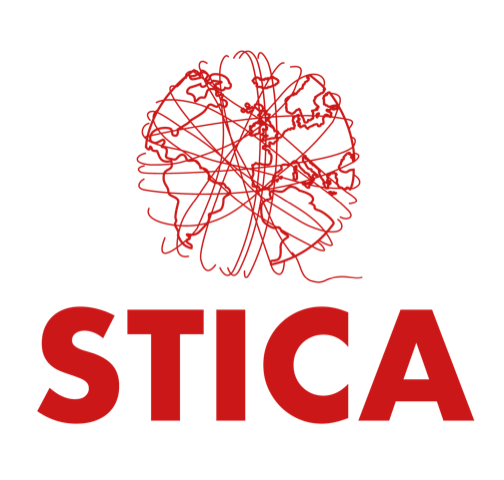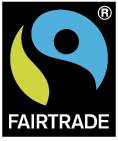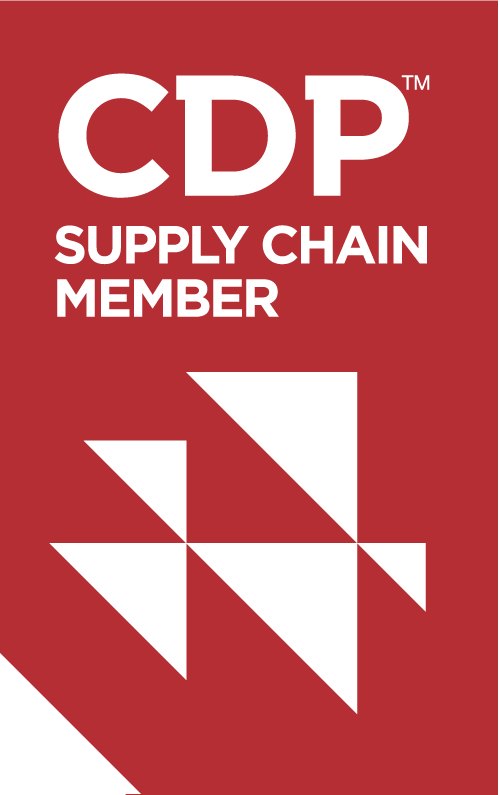Collaboration
Being a big sports chain is a big responsibility. We need to ensure that our products are made with respect for human rights and under good working conditions and that our environmental footprint is a small as possible. Since we are a sports company with a mission to help the world become more active, we also have a responsibility to invest in initiatives and projects that inspire people to adopt an active and healthy lifestyle.
Stadium has many external suppliers. We have a joint responsibility to ensure that the products we purchase are made under good conditions and do not contain materials or chemicals that are harmful to humans or the environment. We set clear requirements concerning the products we purchase, based on our set sustainability targets.
We also establish new collaborations with partners who place sustainability high on the agenda and develop innovations to reduce their environmental footprint.
Don’t throw your sports gear away. We welcome any worn, scuffed and broken items, which we collect up and work with Human Bridge to dispatch for recycling or re-use. The sports products you no longer have a use for can be dropped into Human Bridge’s collection boxes, which can be found in all of Stadium’s stores.
A small gesture from you can mean a great deal to someone who really needs it. You can give someone a chance for a better life while at the same time helping to save the planet’s resources by extending the useful life of existing products. Read more
RISE
Stadium is a member of the RISE Chemicals Group and we use their guide on textile and leather production. RISE’s research also helps to advance the industry by developing sustainable and innovative textiles.

STICA
The Swedish Textile Initiative for Climate Action (STICA) is a joint commitment by multiple Swedish textile companies to reduce their emissions by at least 30% by the year 2030.
The initiative is a response to the textile industry’s major negative impact on the environment. The network enables members to learn from each other, create tools to measure emissions and find solutions to reduce their carbon footprint. According to the Greenhouse Gas (GHG) Protocol, we need to cut emissions by 50% to achieve the 1.5 degree target set out in the Paris Agreement.
https://www.sustainablefashionacademy.org/STICA
Members of STICA also undertake to publicly report their progress on an annual basis and to collaborate on developing joint solutions that speed up reductions in greenhouse gases.
STICA’s ultimate aim is to ensure that the Swedish and Nordic textile industry does more than its fair share by becoming the first climate-positive clothing and textile industry in the world, long before 2050, while at the same time being a global leader in the development of climate positive solutions. In addition, STICA supports its members in their work on science-based targets and as part of this, Stadium’s focus in 2020 has been on working out the company’s base year for emissions and setting up its own science-based targets.

FAITRADE
Fairtrade is an international certification scheme for sustainable development. Its purpose is to push for fair pay, combat child labour and discrimination, and promote democracy, union membership and eco-awareness in production. Fairtrade makes it possible for people in developing countries to compete in an international market and achieve better conditions through long-term trade agreements. The international Fairtrade criteria guarantee that employees receive contractual wages and improved working conditions.
We support Fairtrade and are proud that all our own footballs and beach volleyballs are Fairtrade-certified. In this way, together with our customers, we can make a difference to our suppliers, their employees and their families. A Fairtrade premium is added to every product. These premiums are then used to develop the local community socially and economically, for example in the form of new schools, clean water projects or healthcare. We purchase over 50 000 Fairtrade-certified balls for our stores each year.
BETTER COTTON
Better Cotton was founded in 2005 and is a non-profit organisation dedicated to making global cotton production more sustainable. The aim is to change cotton production worldwide and make Better Cotton a conventional commodity.
Working with stakeholders in the cotton production chain, Better Cotton advocates measurable, ongoing improvements for the environment, farming communities and the economy in cotton-producing regions. In 2017 we committed, in partnership with Better Cotton, to use 100% sustainable cotton. Better Cotton is not physically traceable to end products, but the Better Cotton farmers benefit from the demand for Better Cotton in relation to the volume purchase.
FEMALE COTTON FARMERS
Together with four other companies in the industry, Stadium supports Female Cotton Farmers, a local project in India initiated by Cotton Connect. The project covers 15 villages in the state of Maharashtra and the district of Parbhani in western India, where around 1 550 female cotton farmers are being educated in how their farming can help to reduce any environmental impact, improve health and achieve more stable finances.
In 2018/19, Stadium and two other companies in the textile industry continued with another project in the same region, involving the same female cotton farmers. Called Health & Hygiene, the programme focuses on helping people who lack water and their own toilets to maintain their own hygiene and reduce the risk of disease. Women also receive help and education on menstruation issues.
INTERNATIONAL ACCORD
In 2013, the Rana Plaza textile factory in Bangladesh collapsed, giving rise to the international Accord on Fire and Building Safety in Bangladesh (Accord). Stadium began supporting this initiative in 2014 and in 2018 also chose to sign up to the new and expanded version, which added a focus on promoting trade unions and the right of workers to form a union.
Since the Accord was initiated, safety work within the textile industry in Bangladesh has shown continuous improvements. In addition to independent inspections and demands for action from factories, the Accord has also implemented a programme informing over 1.8 million textile workers about their right to safe working conditions and to refuse unsafe work. The aim has always been for the initiative to be handed over to and run by the local authorities. The handover began in 2020 and is due to be completed in spring 2021.
ELEVATE LIMITED
In 2017 we began working with ELEVATE Limited, a global supplier with expertise in sustainable supply chains and a strong focus on transparency. With ELEVATE as our partner, we have conducted on-site inspections and reviews at our suppliers’ factories. An inspection could be described as an audit or verification of a company’s ability to follow our Supplier Code of Conduct.
ELEVATE keeps us updated on developments in the industry, while our suppliers receive support locally if required. ELEVATE also provides support in the case of action programmes that run more intensively over a longer period, with the aim of ensuring a lasting change in more systemic or critical areas. Once an inspection has been concluded, Stadium’s personnel take ownership of the follow-up work, focusing on engaging with the suppliers rather than controlling them. Together with our suppliers, we aim to act in a transparent and respectful manner in all elements of our production chain and work collectively for a sustainable future.
TEXTILE EXCHANGE
Since the beginning of 2021, Stadium members of the global non-profit organization Textile Exchange. Membership makes knowledge and tools available within the organization's three core areas; Fibers and materials, integrity and standards and supply chains, which we see add great value in our trip to achieving our climate goals.
One of Stadium's goals to reduce emissions in their own production until 2025 is to use only 100% sustainable materials on textile soft products. Textile Exchange influence the climate positively by accelerating the use of preferred fibers in the global textile industry. The organization develops industry standards and collects and publishes important industry data and insights, which makes it possible for trademarks and retailers to measure, manage and track their use of preferred fibers and materials.
Read more about Textile Exchange here.

CDP
As part of Stadiums journey to reaching our climate goals, in spring 2021 we chose to join the organization CDP. The membership enables increased transparency in our supplier chain and stronger collaboration with our suppliers.
CDP is a global nonprofit organization that supports thousands of companies, cities, states and regions of measuring and managing their risks and opportunities on climate change, water safety and deforestation.
The organization has developed a global environmental reporting system where suppliers can share environmental data that contribute to transparency in the supply chain and enable its customers to follow up and accelerate their environmental work.
Read more about CDP here.
SIPTEX AND SYSAV
Stadium and Sysav have started a collaboration with the goal of being able to recycle polyester for new fabric.
A world-first textile sorting process at Sysav’s Siptex facility in Malmö turns the textiles into a circular Swedish raw material for the next step in the value chain. The Siptex sorting facility in Malmö is now changing all that, building on Swedish research. Sysav is the first recycling company in the world to have a facility for automated textile sorting on an industrial scale. Textiles received at the Siptex facility are sorted by fibre type and colour and can be sent off for high-quality recycling, allowing discarded textiles to become new textiles once more.
About Siptex
Siptex stands for “Swedish innovation platform for textile sorting”. The sorting plant in Malmö is owned and operated by Sysav. The research project is being led by IVL Swedish Environmental Research Institute with the support of Vinnova, and is being carried out together with Swedish textile and fashion companies, research institutes and authorities, including Stadium, H&M, IKEA, Kappahl, the Swedish Environmental Protection Agency, Re:newcell and Myrorna.

